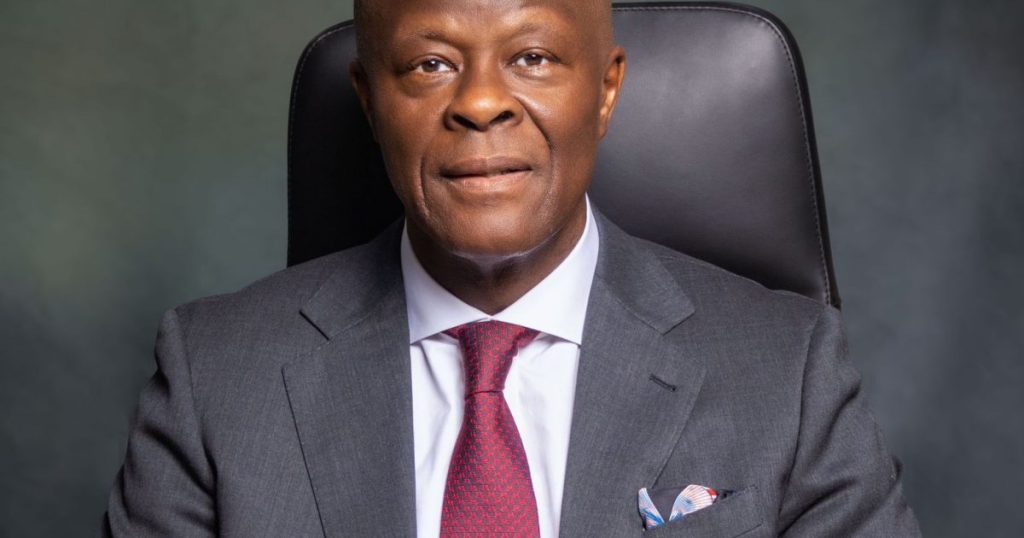Nigeria’s telecommunications sector is undergoing a significant shift with the recent announcement of a 50% tariff hike, the first in over a decade. This decision, spearheaded by the Nigerian Communications Commission, has stirred considerable debate nationwide. The Minister of Finance and Coordinating Minister of the Economy, Wale Edun, has publicly endorsed the increase, arguing that it is a necessary measure to revitalize the sector and ensure its long-term sustainability. He emphasizes that the rising costs of operation, driven by inflation and exchange rate fluctuations, necessitate an adjustment in tariffs to maintain the viability of telecommunication companies. The minister’s position underscores the delicate balance between consumer affordability and the financial health of the industry.
Edun’s justification for the tariff hike centers on the economic realities impacting telecommunication companies. He points to the persistent rise in inflation, which has significantly increased the cost of goods and services, including the resources required to operate and maintain telecommunications infrastructure. Furthermore, fluctuations in the exchange rate have added to the financial burden on these companies, particularly when importing essential equipment and technology. The minister contends that without a tariff adjustment, these companies would struggle to maintain their current operations, let alone invest in the necessary upgrades and expansions required to meet the growing demand for telecommunications services in Nigeria.
The finance minister also underscores the crucial role of the telecommunications sector in Nigeria’s overall economic landscape. He highlights its contribution to the nation’s infrastructure and business environment, emphasizing its importance as a driver of economic growth and job creation. Edun argues that a healthy and vibrant telecommunications sector is essential for Nigeria’s digital economy, enabling businesses to thrive, fostering innovation, and connecting people across the country. He emphasizes that the tariff increase is not simply about raising prices but about ensuring the continued viability of this vital sector and its ability to contribute to Nigeria’s economic development.
In exchange for the increased tariffs, Edun assures Nigerians of improved service quality. He expects telecommunication companies to invest in enhancing their infrastructure and services, leading to better call termination, fewer dropped calls, and an overall improved user experience. He emphasizes the government’s commitment to holding these companies accountable for delivering on this promise. The minister envisions a telecommunications sector that operates efficiently, provides reliable and high-quality services, and fosters innovation. He sees this as a win-win situation, benefiting both consumers and the industry as a whole.
The finance minister’s endorsement of the tariff hike reflects the government’s broader economic strategy, which aims to balance the needs of consumers with the realities of the business environment. He acknowledges the potential impact on consumers but stresses that the long-term benefits of a sustainable telecommunications sector outweigh the short-term costs. He points out that the tariff adjustment will be reviewed periodically to ensure it remains fair and balanced for both consumers and operators. This demonstrates the government’s commitment to monitoring the situation closely and making necessary adjustments as needed.
In conclusion, the 50% telecom tariff hike in Nigeria is a complex issue with significant implications for both consumers and the telecommunications industry. The government’s rationale for the increase is based on the need to address rising operational costs, maintain the sector’s long-term sustainability, and improve service quality. While the decision has generated controversy, the government maintains that it is a necessary step to ensure a thriving telecommunications sector that supports economic growth, job creation, and a more robust digital economy. The ongoing debate highlights the challenges of balancing affordability with the financial health of a critical industry in a dynamic economic environment. The periodic review of the tariff adjustment will be crucial in ensuring that the balance is maintained and that the interests of all stakeholders are considered.














